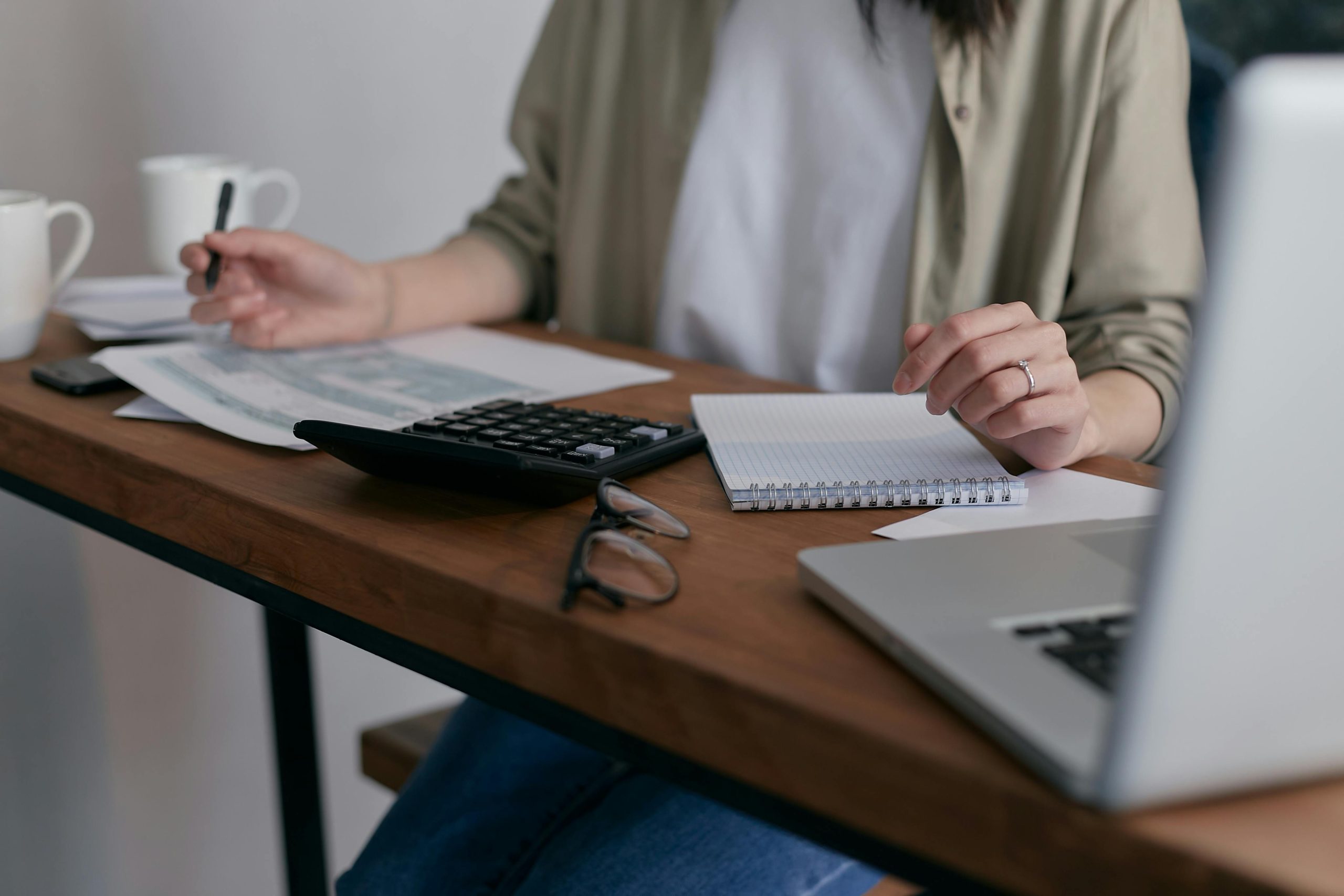I ended up rear-ending someone today, and now I’m second-guessing my decision. Here’s what happened: a girl crossed the crosswalk, causing the driver in front of me to slam on his brakes. I reacted instinctively and ended up hitting him. Fortunately, my car only sustained minor damage, and he had just a small dent on his license plate. He mentioned that he didn’t mind since his car was pretty beat up, so I thought it wasn’t necessary to exchange insurance information since I was clearly at fault.
From what I understand, if I’m at fault, my insurance won’t cover my damages and my premiums might go up (please correct me if I’m wrong). When I told my mom about the incident, she was upset that I didn’t at least get the guy’s license plate number because she wants to report it to the insurance company. I’m trying to explain to her that it might not be worth it since I believe it could lead to higher payments without coverage for my damages.
This is my first time dealing with an accident like this in traffic, and I’m not sure what the best course of action would have been. Any advice?




It sounds like you’re in a tough situation, and it’s understandable to feel conflicted about your decision. From what you described, it seems that you reacted quickly to avoid a more serious accident, but there are a few key points to consider:
Insurance and Fault: In most cases, if you’re found to be at fault in an accident, your insurance may cover the damages to the other party, but it could also mean your premiums might increase. However, the specifics can depend on your insurance policy and your state’s laws. It’s not always guaranteed that your own damages won’t be covered, especially if you have collision coverage.
Documentation: It’s generally a good idea to document any accident, regardless of how minor it seems. Collecting the other driver’s information, including their license plate, and taking photos of the damage is always a good practice. It protects you in case the other driver decides to claim more damage later.
Reporting the Accident: Depending on where you live, you may be legally required to report the accident to the police and/or your insurance company, especially if there’s any kind of property damage or injury. Not doing so could create issues down the line.
Consulting Your Insurer: It might still be worth reaching out to your insurance company to discuss the incident. They can inform you about your coverage in this situation without necessarily filing a claim. They might also provide advice on the next steps you should take.
Moving Forward: Learn from this experience. Driving is full of unexpected situations, and it’s great that you are seeking to understand what to do next time. Being proactive, such as knowing what to do in an accident beforehand, can make a big difference.
Ultimately, you did what you thought was best in the moment, but it’s important to consider the potential long-term implications of your choices. It’s okay to seek advice from your parents, but also know that it’s your decision on how to proceed now.